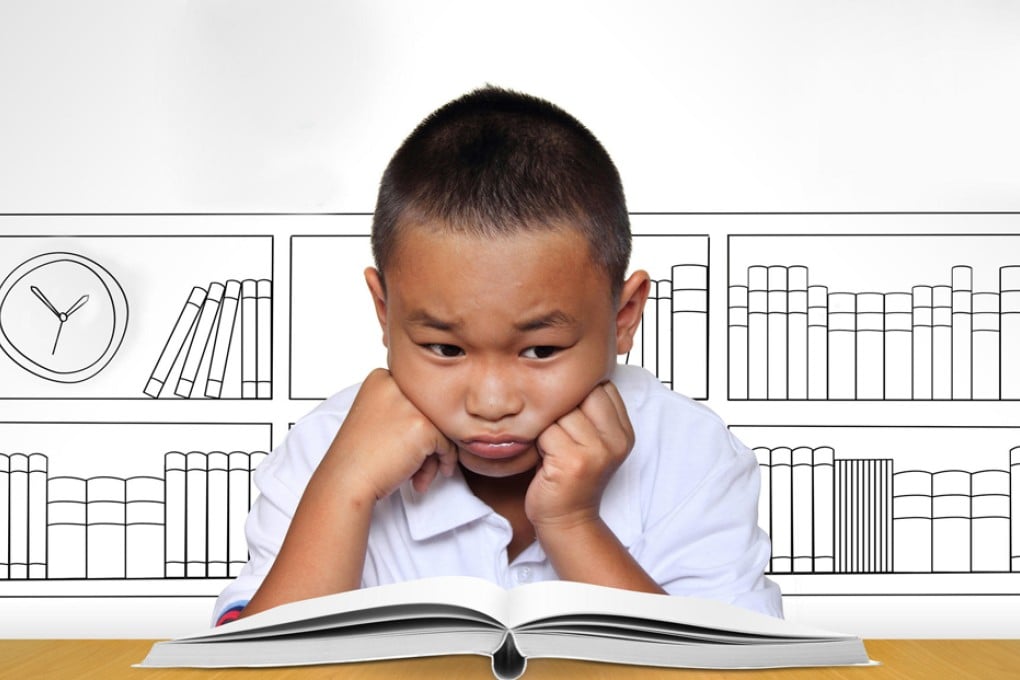Hong Kong parents say pushing children too hard doesn't work
In the last of a three-part series on competition in Hong Kong's education system, some parents say that pushing children too hard doesn't work

The phenomenon of overbearing parents pushing their children to the limit of their capabilities seems to be stamped in Hong Kong's DNA. While not an exclusively Chinese phenomenon, the parental imperative to make a child excel does seem more prevalent here - the city has almost 7,000 private tutoring centres, for example. In the final part of a South China Morning Post series exploring the various forms this drive by often well-meaning parents takes, we tell the story of Josephine Ling Yip Lai-sim, whose desire for academic and extracurricular excellence left her daughter centimetres away from taking her own life.
The 15-year-old girl sat on the windowsill 16 floors up, her legs dangling outside. She told her panicked parents she was going to throw herself to the ground.

Ling had kept tight control, and the daughter had rebelled. She skipped school, smoked cannabis, ran away from home and fought with everyone. She had slashed her arms many times.
"I used to scold her a lot," says Ling. "I used to feel the need to project my daughter into the child I wanted. But it suddenly dawned on me at that moment that I did it wrong. She was blaming me for pushing her into this situation, and she was right."
Soon after birth, Hong Kong children enter a breakneck race. Their parents push to find the best playgroups, which prepare them for the competition to get into pre-nursery schools, giving them an advantage in the quest for elite kindergartens, which means better admission chances at prestigious primary schools, secondary schools, and then top local or overseas universities.
For many parents, ballet and piano are a must, or else the children aren't qualified for the fight. Typically a child picks up three or four instruments and some sports, while attending various tutoring classes.